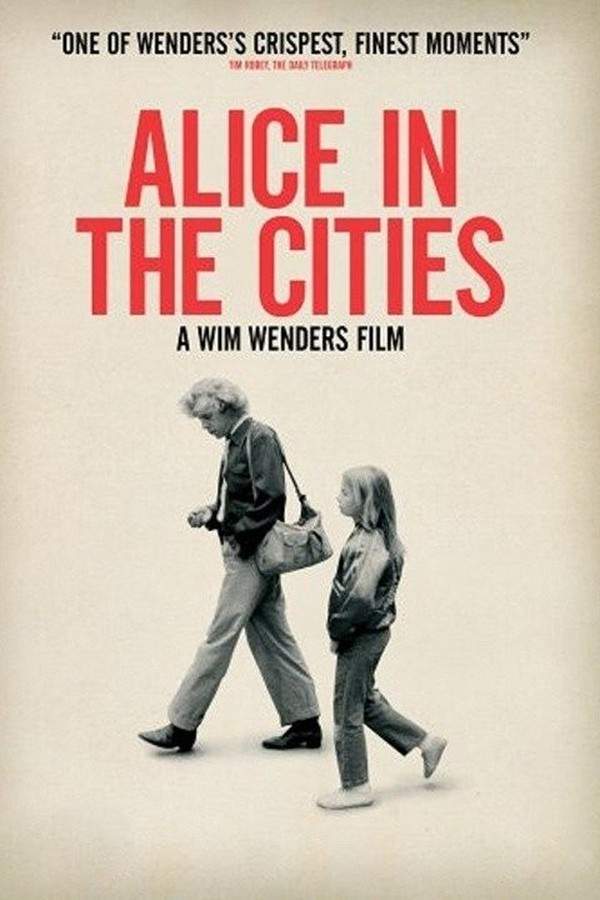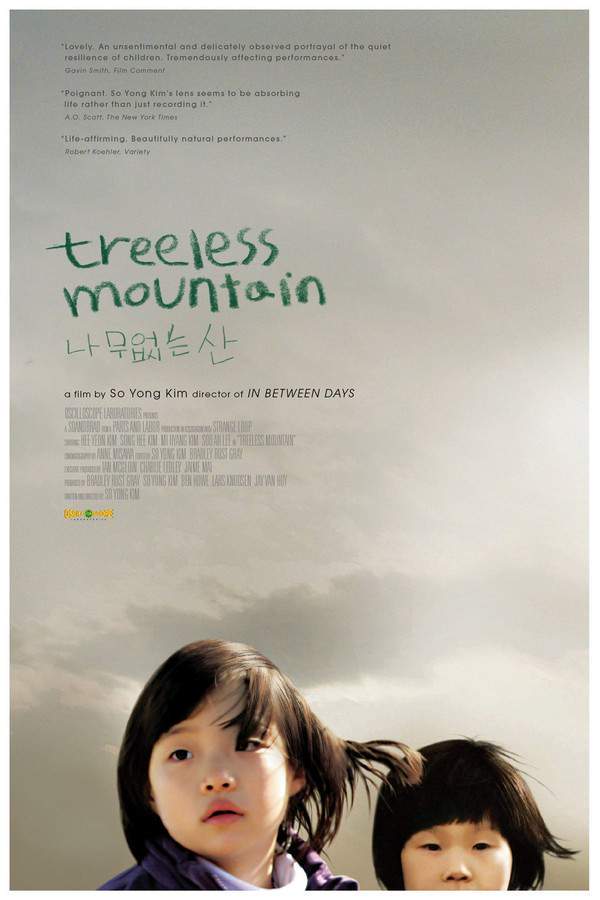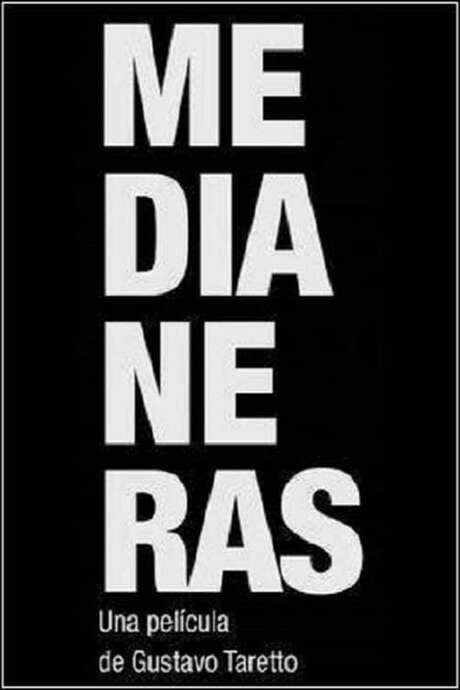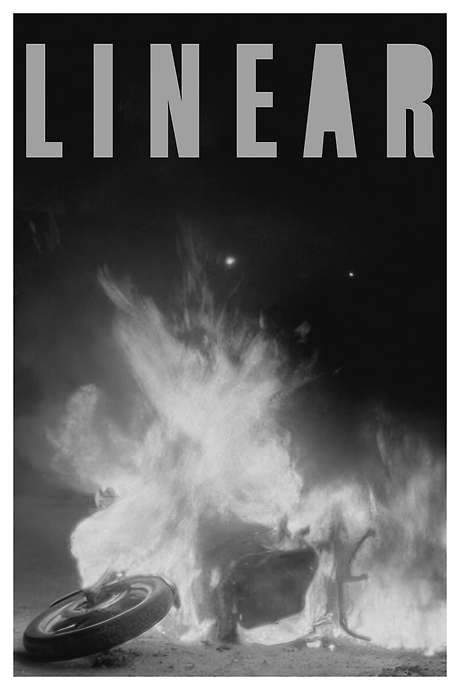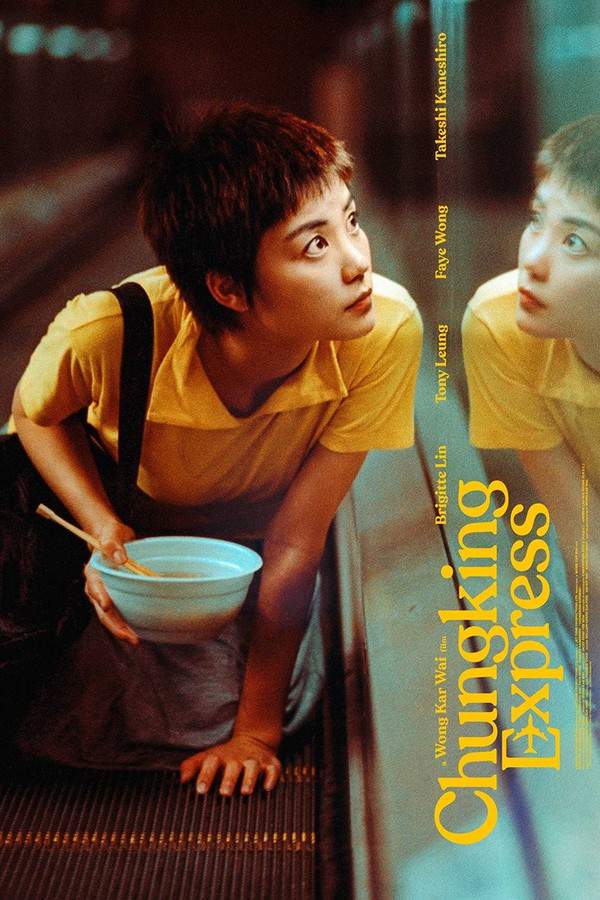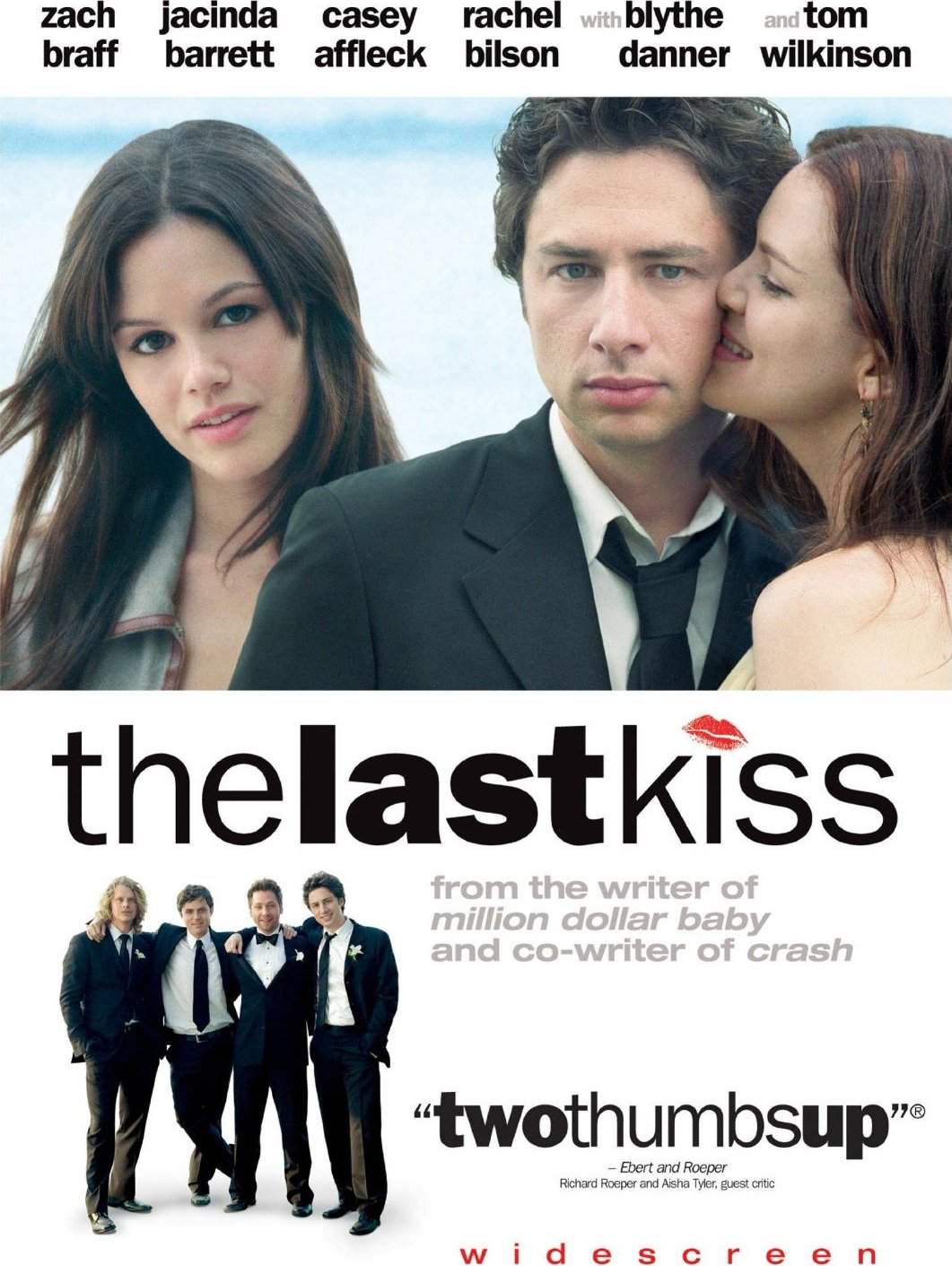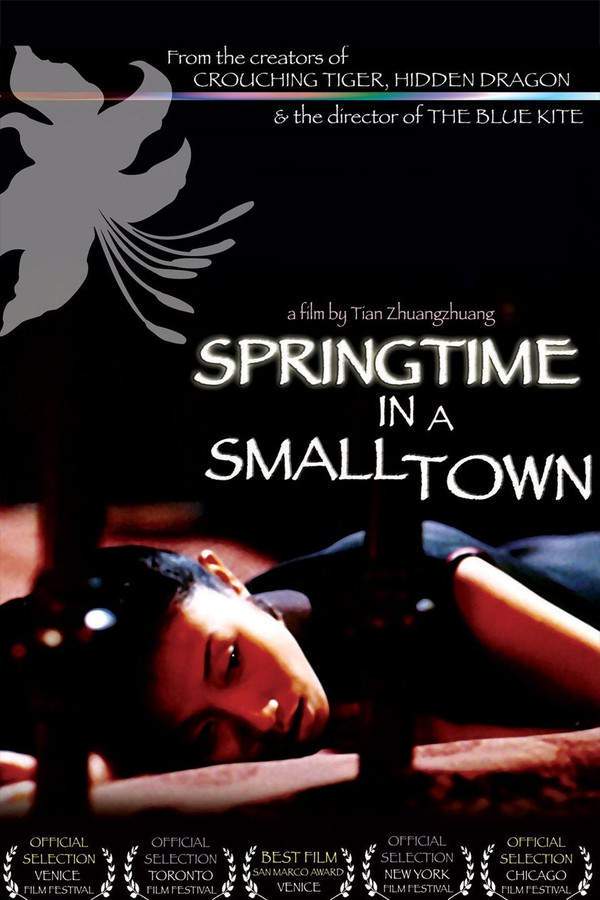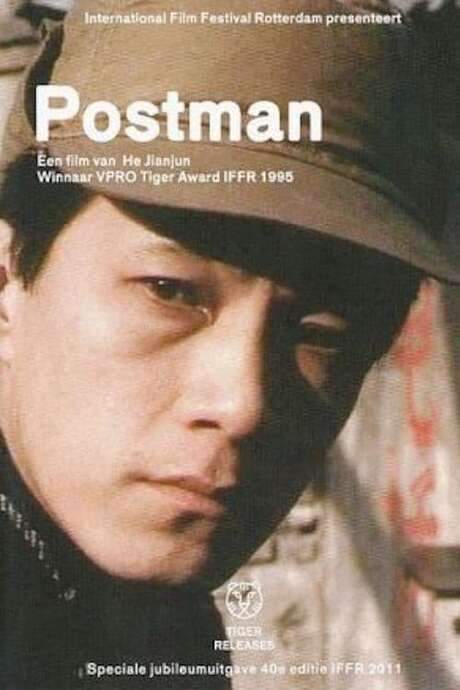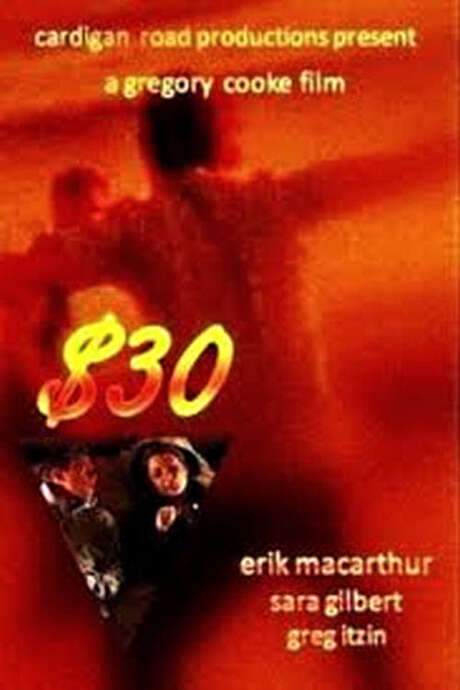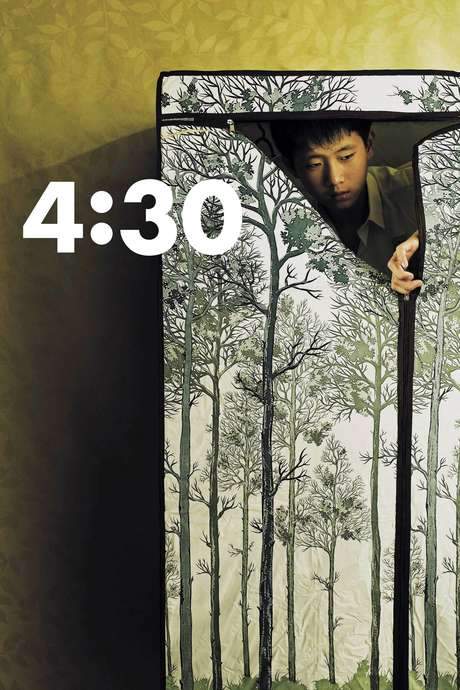
4:30
Year: 2005
Runtime: 93 mins
Language: Chinese
Director: Royston Tan
Longing for human contact Xiao Wu tries all he can to make a connection through physical and metaphorical walls in that hour between night and day.
Warning: spoilers below!
Haven’t seen 4:30 yet? This summary contains major spoilers. Bookmark the page, watch the movie, and come back for the full breakdown. If you're ready, scroll on and relive the story!
4:30 (2005) – Full Plot Summary & Ending Explained
Read the complete plot breakdown of 4:30 (2005), including all key story events, major twists, and the ending explained in detail. Discover what really happened—and what it all means.
Beijing provides the quiet, uneasy backdrop as Xiao Wu waits for his mother to return to Singapore from an overseas trip, only to find himself sharing the house with a Korean man named Jung. The exact nature of the relationship between Xiao Wu’s mother and Jung isn’t spelled out, but she has left Jung as the lone tenant in the home while she travels, occasionally checking in by phone to ask if Xiao Wu is eating well and still has enough pocket money. The arrangement feels provisional, almost provisional in a way that makes the boy’s loneliness sting a bit more sharply.
Jung is introduced as distant, withdrawn, and visibly burdened by something he doesn’t share with those around him. He speaks little to Xiao Wu, and the emotional gap between them grows into a kind of quiet, suffocating tension. At times his pain erupts in perilous acts—suicidal thoughts surface as he attempts to end his life, first by hanging in the kitchen and later by drowning in a bathtub. The film never explains the source of his torment, but it’s suggested that a woman’s absence or memory weighs heavily on him, a shadow that Xiao Wu seems to sense even before he fully understands it.
Xiao Wu is a lonely, friendless boy who flounders at school and finds it hard to fit in with teachers and peers. He craves Jung’s attention with a kind of quiet desperation, and he clings to small, repetitive rituals to feel less invisible. He develops a set of quirky, almost obsessive habits as he tries to bridge the gap between them: he frequents clinics after school to obtain cough syrup bottles, he plays with the house’s furniture, and most notably, he quietly slips into Jung’s room in the early hours of the morning—often at 4:30 am—to take a single item from him each night. He catalogs these stolen items in a notebook—to Wirtten pages that map a private, intimate portrait of Jung. Through this ritual, the boy constructs a fragile sense of closeness, even as the act reveals how deeply he longs to know Jung.
Xiao Wu’s longing spills into small, tender gestures. He sits beside Jung on the stairs as Jung smokes and cries, and in a moment charged with unspoken emotion, Jung looks at him and says something in Korean while gestures toward Xiao Wu’s head and heart. The moment moves Xiao Wu to tears, and he leans on Jung’s arm, seeking a form of reassurance he cannot name. The next day, Jung has prepared Korean instant noodles for him, leaving a handwritten note in Korean that Xiao Wu carefully preserves in his growing book. Xiao Wu also severs a piece of his clothing that bears Jung’s tears from the night before and keeps it as a keepsake. In a bid to please Jung, he makes orange juice and buys ice cream—the flavors Jung once bought from a street vendor—and leaves them outside Jung’s room, waiting for him to come home.
The relationship shifts and mutates as time passes. After falling asleep in his own room, Xiao Wu wakes to find the house tidy, the bed made, and Jung’s personal space cleared—an implication that Jung has left for reasons known only to him. Xiao Wu is left to wander the house, clutching the notebook that contains Jung’s memorabilia, and he spends nights by the clock, manually nudging its hands back to 4:30 am in a ritual of waiting. The clock, once a symbol of time passing aimlessly, becomes a map of longing that Xiao Wu cannot turn away from. He sits under the house clock, embracing the book and the memory of Jung, trying to will him back into the present with each turn of a page.
As days melt into weeks, Xiao Wu’s world contracts around this fragile attachment. He imagines Jung’s return in small, almost childlike fantasies: a flashlight’s beam crossing the window as if Jung is reaching out to him, a breath of warmth that never fully arrives. The film’s mood settles into a haunting stillness, where hope and absence blur into one continuous ache. Xiao Wu’s attempts to connect feel sincere even when they border on desperation, and the film refuses to provide easy answers about Jung’s absence or about what might have happened to drive him toward despair.
In the end, the story lingers in ambiguity. Xiao Wu is seen closing some of the windows and even painting a coat of black over them, a small, final act that hints at a decision to confront the emptiness and to keep living within the half-lit spaces of the house. The closing credits roll over a quiet, unsettled atmosphere, leaving viewers with questions about whether Jung will ever return, whether Xiao Wu will find another way to connect, and what the future holds for a boy who has learned to measure time by the moments he spends waiting for someone who may never come back. The film remains faithful to its delicate, unsettled tone, offering a portrait of loneliness, longing, and the fragile threads that tether people to one another.
Last Updated: October 09, 2025 at 16:46
Explore Movie Threads
Discover curated groups of movies connected by mood, themes, and story style. Browse collections built around emotion, atmosphere, and narrative focus to easily find films that match what you feel like watching right now.
Movies about urban solitude like 4:30
Films that capture the profound loneliness of life in a crowded city.If you liked the quiet, lonely atmosphere of 4:30, this thread features similar movies about emotional isolation in the city. These films share a melancholic tone and slow pacing, focusing on characters navigating profound loneliness in urban environments.
Narrative Summary
Stories in this thread often follow a quiet, observational structure. They center on a solitary character's daily routines and subtle attempts at connection, with minimal plot-driven action. The narrative conflict is internal, arising from the character's unspoken yearning for human contact against a backdrop of urban anonymity.
Why These Movies?
Movies are grouped here for their shared focus on the theme of urban alienation, their melancholic and reflective tone, and their use of a slow, deliberate pace to build a suffocating atmosphere of loneliness. They create a cohesive experience of quiet despair.
Movies with unspoken connections like 4:30
Stories of fragile, non-verbal relationships built on shared silence.For viewers who appreciated the subtle relationship in 4:30, this collection features movies about quiet, obsessive, and unspoken bonds between characters. These films often have ambiguous endings and explore themes of emotional isolation and the difficulty of true connection.
Narrative Summary
The narrative pattern involves two emotionally isolated characters orbiting each other, their relationship unfolding through small, repetitive actions and shared silence rather than dialogue. The central journey is one of longing and miscommunication, often leading to an ambiguous or bittersweet conclusion that leaves the connection unresolved.
Why These Movies?
These films are linked by their focus on the dynamics of unspoken relationships, the theme of obsessive but quiet longing, and a narrative structure that prioritizes emotional subtlety over explicit drama. They share a specific emotional texture of ache and incompletion.
Unlock the Full Story of 4:30
Don't stop at just watching — explore 4:30 in full detail. From the complete plot summary and scene-by-scene timeline to character breakdowns, thematic analysis, and a deep dive into the ending — every page helps you truly understand what 4:30 is all about. Plus, discover what's next after the movie.
4:30 Timeline
Track the full timeline of 4:30 with every major event arranged chronologically. Perfect for decoding non-linear storytelling, flashbacks, or parallel narratives with a clear scene-by-scene breakdown.

Characters, Settings & Themes in 4:30
Discover the characters, locations, and core themes that shape 4:30. Get insights into symbolic elements, setting significance, and deeper narrative meaning — ideal for thematic analysis and movie breakdowns.

4:30 Spoiler-Free Summary
Get a quick, spoiler-free overview of 4:30 that covers the main plot points and key details without revealing any major twists or spoilers. Perfect for those who want to know what to expect before diving in.

More About 4:30
Visit What's After the Movie to explore more about 4:30: box office results, cast and crew info, production details, post-credit scenes, and external links — all in one place for movie fans and researchers.

Similar Movies to 4:30
Discover movies like 4:30 that share similar genres, themes, and storytelling elements. Whether you’re drawn to the atmosphere, character arcs, or plot structure, these curated recommendations will help you explore more films you’ll love.
Explore More About Movie 4:30
4:30 (2005) Scene-by-Scene Movie Timeline
4:30 (2005) Movie Characters, Themes & Settings
4:30 (2005) Spoiler-Free Summary & Key Flow
Movies Like 4:30 – Similar Titles You’ll Enjoy
A Sun (2020) Spoiler-Packed Plot Recap
Unknown Pleasures (2003) Spoiler-Packed Plot Recap
GUO4 (2019) Full Summary & Key Details
Wait ’Til You’re Older (2005) Ending Explained & Film Insights
My Scary Girl (2006) Full Summary & Key Details
Solos (2007) Full Summary & Key Details
The Boys from Fengkuei (1983) Story Summary & Characters
Have a Good Night (2020) Story Summary & Characters
Have a Good Night (2020) Spoiler-Packed Plot Recap
Postman (1995) Spoiler-Packed Plot Recap
Mr. Wu (1927) Ending Explained & Film Insights
Vive L’Amour (1994) Movie Recap & Themes
The Suicide (1978) Story Summary & Characters
Brief History of a Family (2024) Story Summary & Characters
$30 (1999) Full Summary & Key Details


